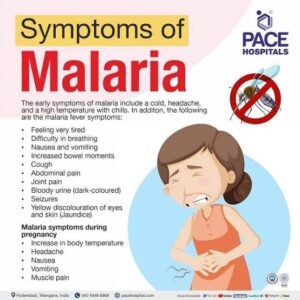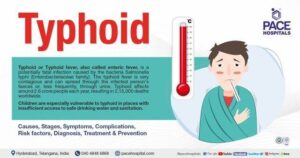Back to: MICROBIOLOGY 100 LEVEL
Welcome to class!
It’s another beautiful day to learn something that truly matters. Today, we’re talking about Tuberculosis, Malaria, Typhoid, and Cholera — four serious infectious diseases that affect millions of people, especially in African countries like Nigeria. These diseases are more than just names in textbooks; they’re part of the real challenges our communities face. But by learning about them, you become better prepared to protect yourself, your loved ones, and your future patients or community.
Tuberculosis, Malaria, Typhoid, Cholera
Let’s break each one down in a way that’s simple and relevant.
Tuberculosis (TB)
TB is caused by a bacterium called Mycobacterium tuberculosis.

It mostly affects the lungs, but it can also attack other parts of the body.
TB spreads through the air when a person with active TB coughs, sneezes, or talks.
Symptoms include: persistent cough, weight loss, night sweats, fever, and coughing up blood.
Treatment involves a long course of antibiotics (6–9 months).
Nigeria is one of the countries with a high TB burden, but early detection and treatment save lives.
Malaria
Caused by Plasmodium parasites, spread through the bite of an infected female Anopheles mosquito.
Malaria is very common in Nigeria due to the warm climate and presence of stagnant water.
Symptoms include: fever, chills, headache, vomiting, and tiredness.
Severe cases can lead to death, especially in children and pregnant women.
Prevention: mosquito nets, insect repellents, clearing stagnant water, and antimalarial drugs.
Treatment: Antimalarial medicines like artemisinin-based combination therapies (ACTs).
Typhoid Fever
Caused by Salmonella typhi, spread through contaminated food or water.
Common in areas with poor sanitation and dirty water.
Symptoms: high fever, stomach pain, weakness, loss of appetite, and sometimes rashes.
Prevention: Boiling drinking water, good hygiene, proper waste disposal.
Treatment: Antibiotics and proper hydration.
Cholera
Caused by Vibrio cholerae, spread through contaminated water or food, especially in crowded or flood-prone areas.
Cholera causes severe diarrhoea and vomiting, leading to rapid dehydration and death if not treated quickly.
Prevention: Clean water, good sanitation, and oral cholera vaccine in high-risk areas.

Treatment: Immediate rehydration with oral rehydration solution (ORS) and antibiotics in severe cases.
Why These Diseases Matter
These diseases are preventable and treatable, but they continue to affect many Nigerians because of poor sanitation, inadequate healthcare access, and limited health education. That’s why your knowledge as a future health expert is powerful — you can make a difference!
Summary
- Tuberculosis affects the lungs, spreads through air, and requires long antibiotic treatment.
- Malaria is transmitted by mosquitoes, causes fever and weakness, and is preventable with nets and treated with ACTs.
- Typhoid fever spreads through contaminated food and water and is treated with antibiotics.
- Cholera causes severe diarrhoea and dehydration, spread by dirty water, and needs urgent rehydration.
- Prevention includes clean water, proper hygiene, mosquito control, and vaccinations.
Evaluation
- What are the major symptoms of tuberculosis and how does it spread?
- How is malaria transmitted and how can it be prevented?
- Name one key difference between typhoid and cholera.
- What is the main treatment for cholera in severe cases?
You’re not just learning; you’re becoming equipped to protect and uplift your community. Keep going strong, and remember — at Afrilearn, we believe in your potential to change the world, one lesson at a time. See you at the next class!
